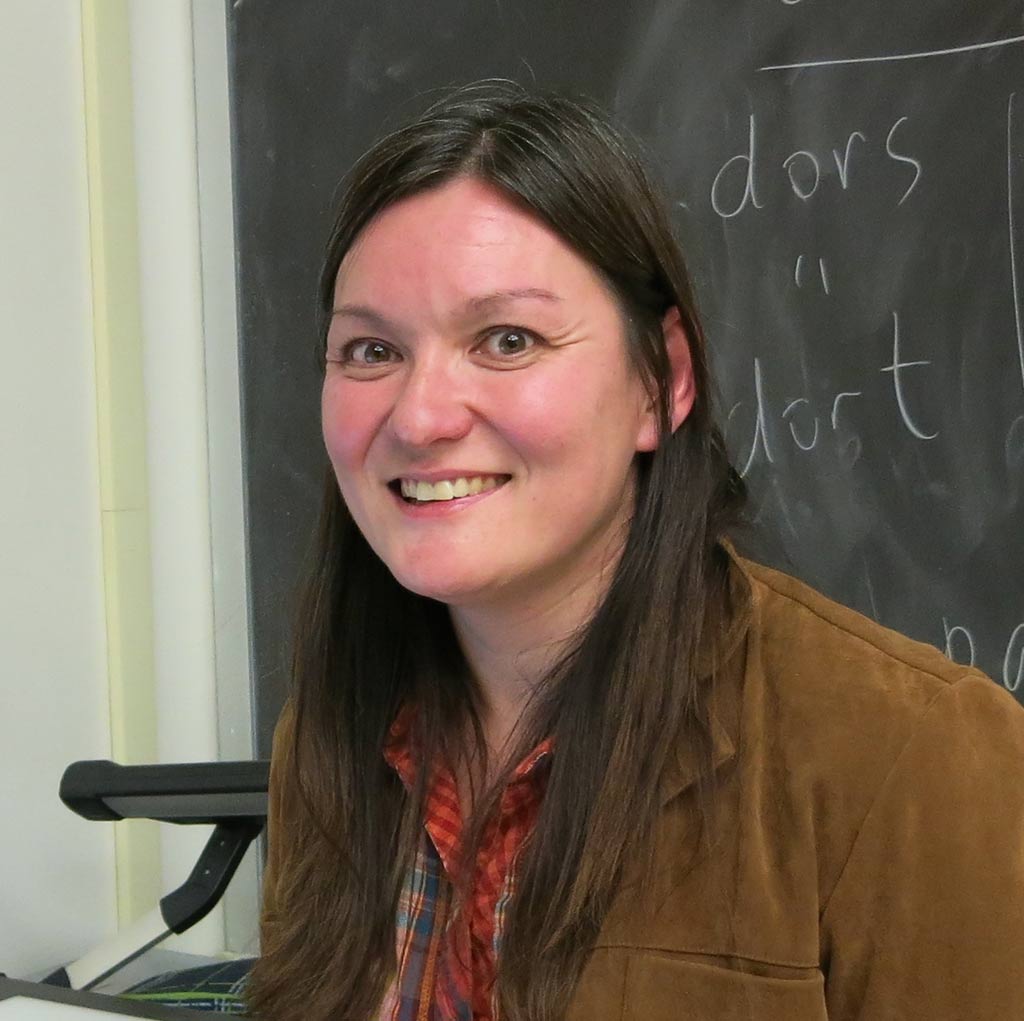
You don’t have to be board certified to be a reporter. Anyone who can ask questions and be serious about other people and things — can be a reporter and writer. So the first step is being inspired by an idea or by the market. I tell students of all ages, “Don’t undersell yourselves and your abilities. How do you know you can’t do something if you have never done it before?”
1. What led you to the mission of being a writer, reporter, and teacher?
I had been interested in writing from an early age. My fifth grade teacher gave us an assignment to write about civil war history. I wrote a letter in first person as if I were a soldier in battle writing back to my family. 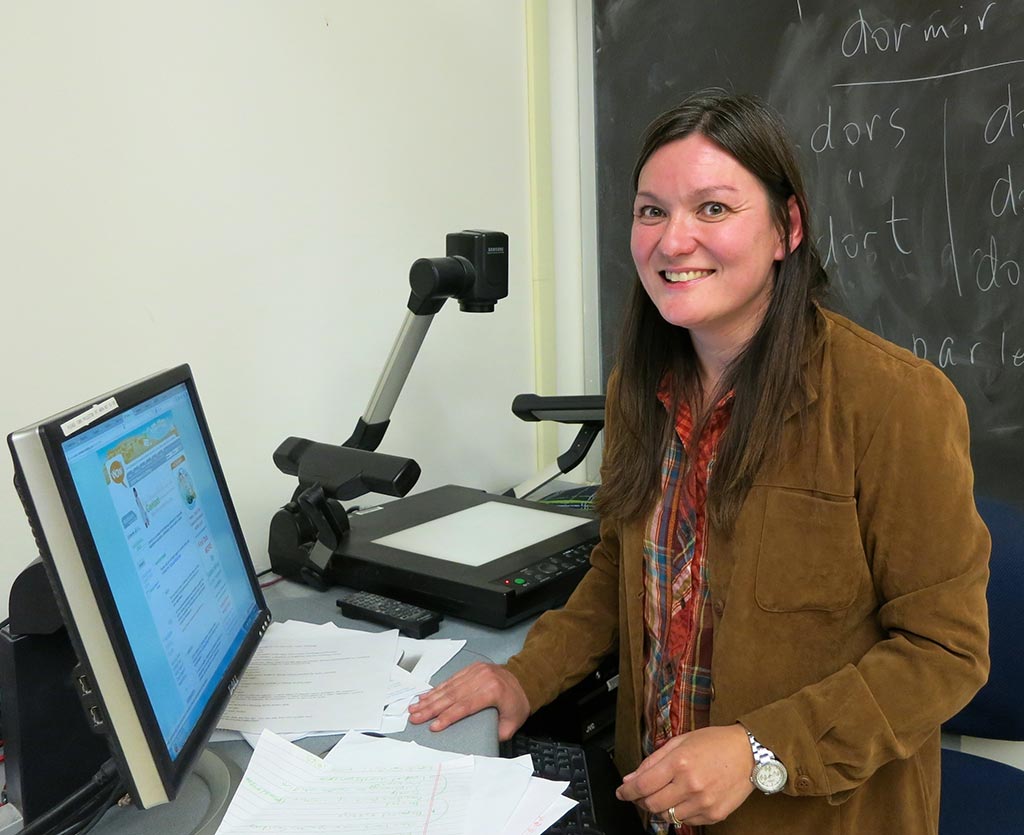 She told me that she thought I was a really good writer and I should think about pursuing a career in writing.
She told me that she thought I was a really good writer and I should think about pursuing a career in writing.
When I was in high school I wrote a column for my local newspaper. I grew up in a small town, and so I was like the high school communist for this small newspaper. This was fun. The editor paid me about five dollars a week for these columns. I think the five dollars was out of his pocket. I majored in journalism in undergrad and graduate school. I was a journalist five years full time after finishing graduate school.
To see more about Charlene Oldham’s writing, click here.
2. What does this mission mean to you?
I think of myself as a reporter. That is the aspect of the job I enjoy the most. I don’t do a lot of essays, short stories and that sort of writing. Most of my published work has been reported stories. What it means to be a writer is that I am able to help tell other people’s stories.
3. What was your best day being a writer, reporter and teacher?
There have been so many amazing days. Every day that I get to learn something is a really great day. 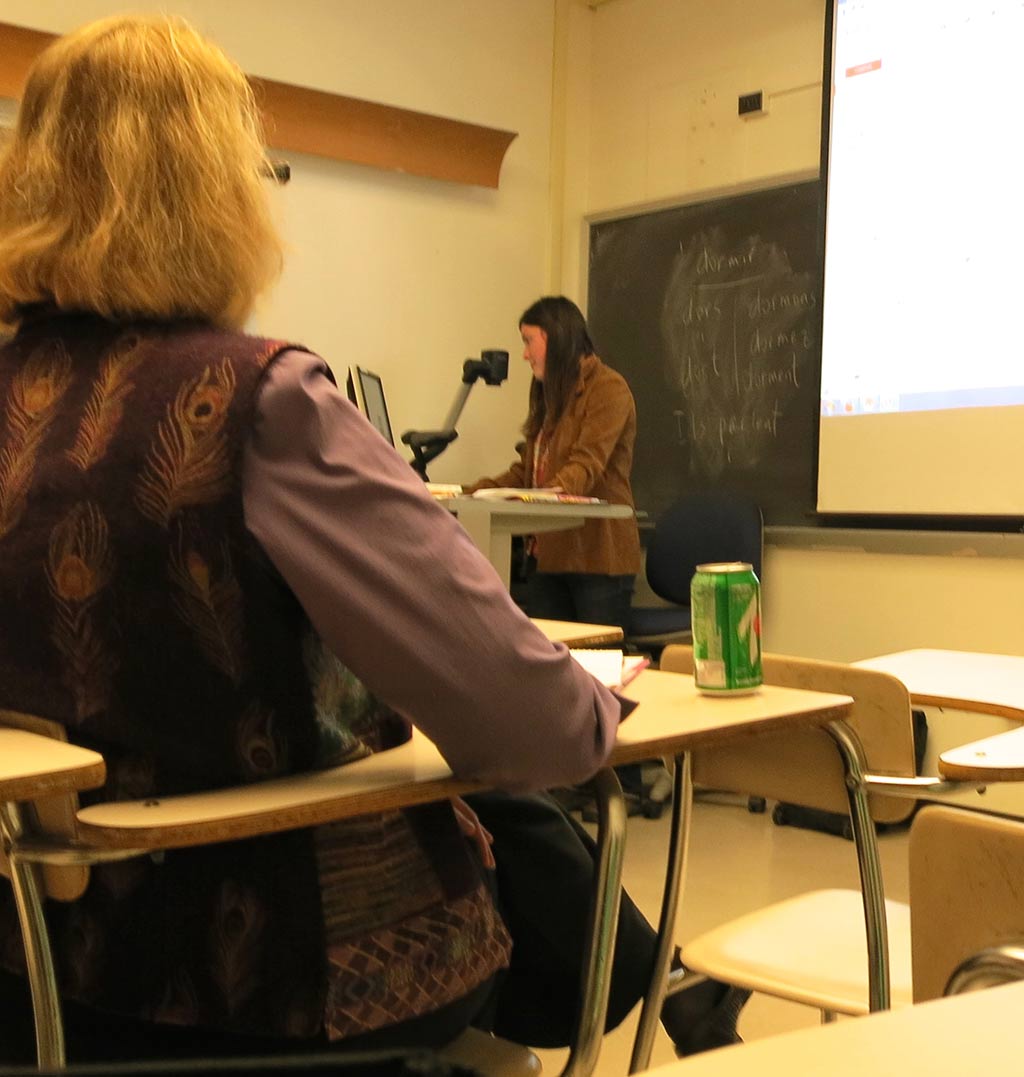 That’s why interviewing and reporting is my favorite part of the process of writing.
That’s why interviewing and reporting is my favorite part of the process of writing.
Recently I had the opportunity to interview by phone Rosanne Cash. She is the oldest daughter of Johnny Cash.
I grew up in the part of Arkansas where her father grew up. I always really admired her as a musician and writer. So to get a chance to interact with her by phone was an awesome experience. It was also really nice to have her appreciate the level of research I had put into the interview.
4. What was your worst day being a writer, reporter and teacher?
One of the worst days was the same for a lot of people in this country. I was doing a round table discussion with a couple of my editors and the topic was energy. 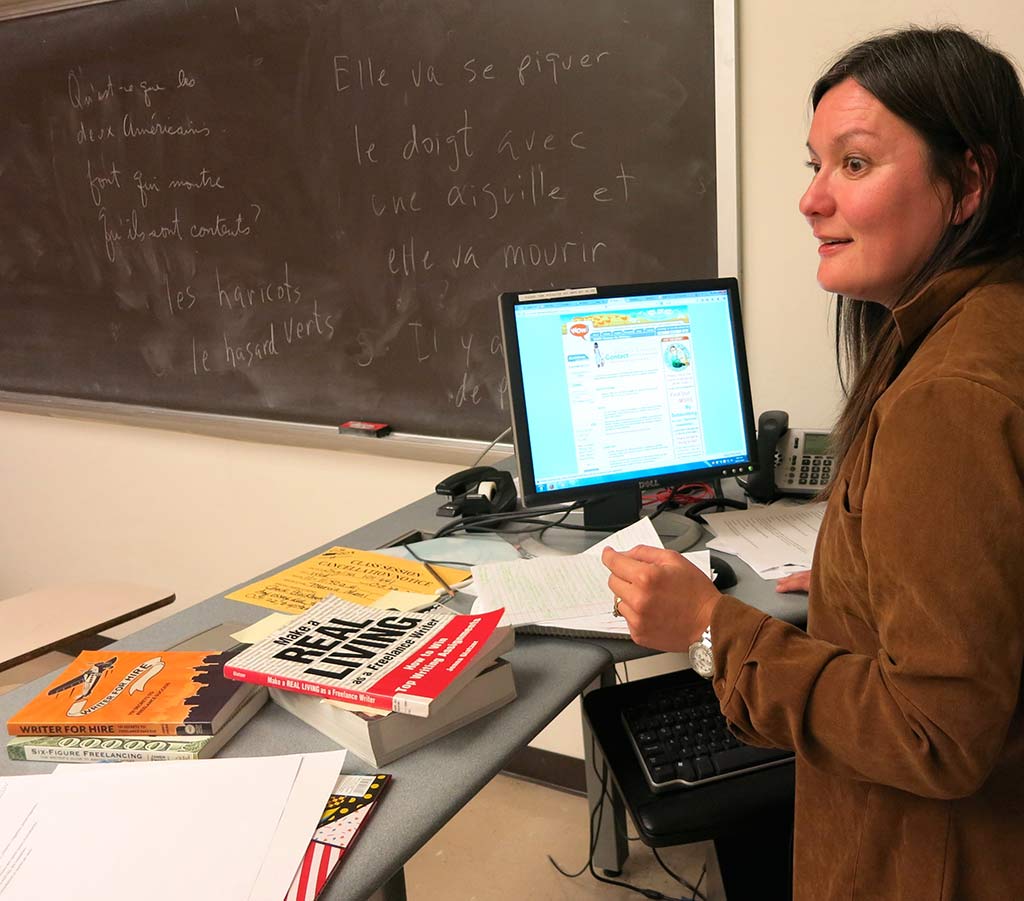 Planes hit the world trade center while we were in the conference room in a high rise building in Dallas, Texas.
Planes hit the world trade center while we were in the conference room in a high rise building in Dallas, Texas.
Some of the staff brought televisions in and we were watching when the second tower fell. I loved my job at the time but I thought to myself, “This is not what I want to be doing for the rest of my life.”
5. How did you survive your worst day?
I credit Teach For America for helping me during that time. Teach For America is a program that trains recent college graduates who may or may not have a background in education. 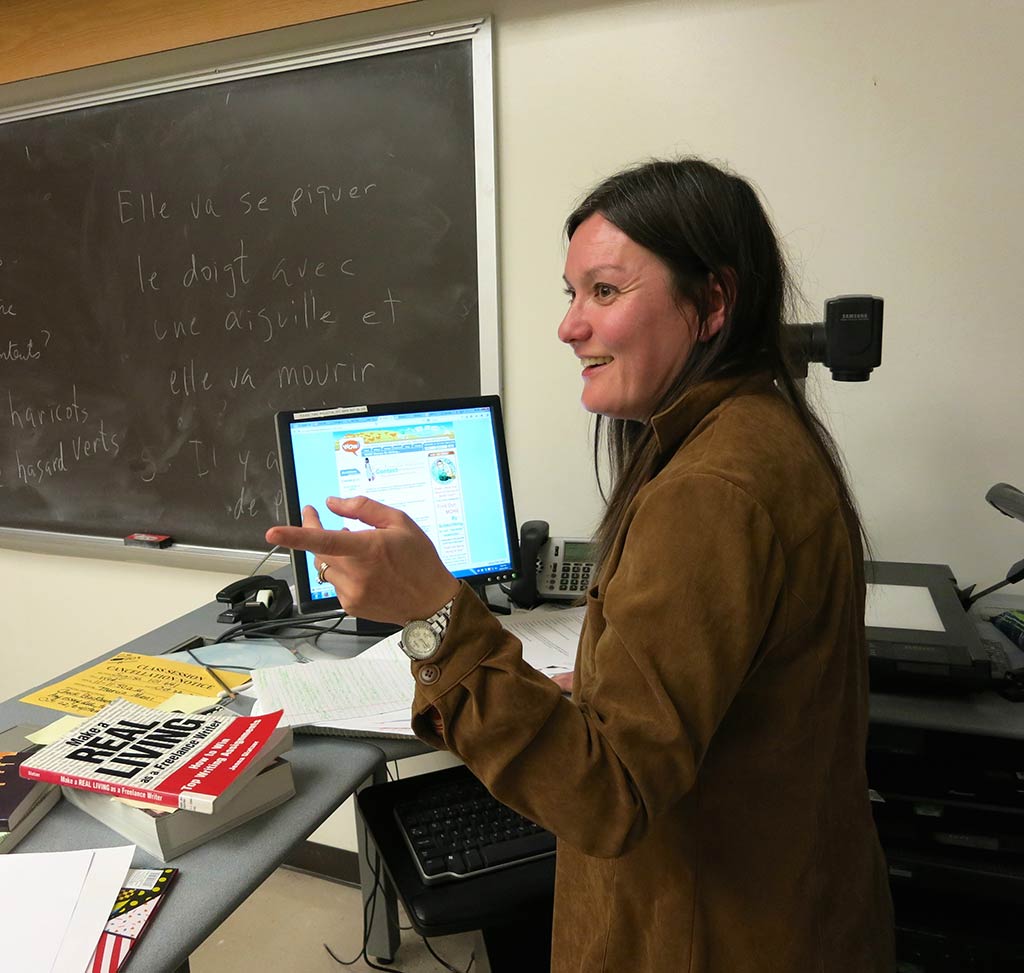 People are trained to teach in classrooms that have a very high need for teachers. Over that summer, I did a training program. Almost a year from the day I decided that I needed to make a stronger connection with people, I was in a high school classroom and teaching. I was in an English classroom, but I was a special education teacher in a co-teaching situation. There was another teacher who was focused on the English content and I was the one providing for kids that need accommodations in the classroom.
People are trained to teach in classrooms that have a very high need for teachers. Over that summer, I did a training program. Almost a year from the day I decided that I needed to make a stronger connection with people, I was in a high school classroom and teaching. I was in an English classroom, but I was a special education teacher in a co-teaching situation. There was another teacher who was focused on the English content and I was the one providing for kids that need accommodations in the classroom.
6. What advice do you have for someone who might want to be a writer, reporter or teacher?
You don’t have to be board certified to be a reporter. Anyone who can ask questions and be serious about other people and things — can be a reporter and writer.
It depends on the kind of person you are whether the idea comes first or the market comes first. Maybe you have an idea for a fantastic story you have never seen anywhere. So you really feel you are the one to write that story. Or maybe you have a publication that you read religiously and you have always wanted to see your byline on those pages. So the first step is being inspired by an idea or by the market.
I tell students of all ages, “Don’t undersell yourselves and your abilities. How do you know you can’t do something if you have never done it before?” For instance, if you have never sent off a query letter before, just do it.
- « Previous person: Gary Lomker
- » Next person: Roberta and Allen Monroe